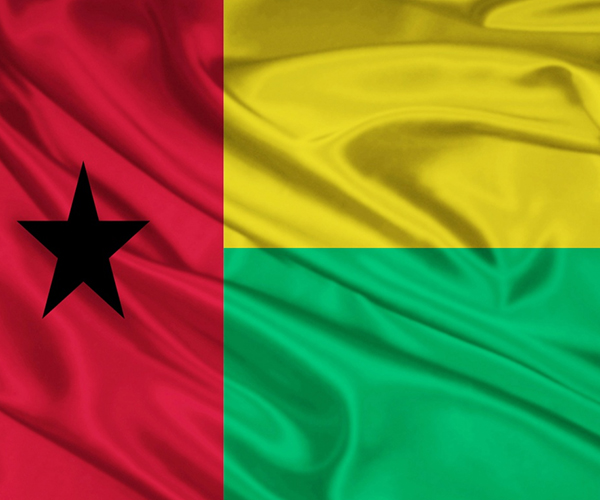CURRENT LOCAL TIME



Background Check Group
+6531 290 390
Email: info@backcheckgroup.com
Background Check Group
Global Reach Local Insight Headquartered in Singapore serve clients in more than 200 countries

Data Protection Laws Not Found
The decision to travel is your responsibility. You are also responsible for your personal safety abroad. The Government of Canada takes the safety and security of Canadians abroad very seriously and provides credible and timely information in its Travel Advice. In the event of a crisis situation that requires evacuation, the Government of Canada’s policy is to provide safe transportation to the closest safe location. The Government of Canada will assist you in leaving a country or a region as a last resort, when all means of commercial or personal transportation have been exhausted. This service is provided on a cost-recovery basis. Onward travel is at your personal expense. Situations vary from one location to another, and there may be constraints on government resources that will limit the ability of the Government of Canada to provide assistance, particularly in countries or regions where the potential for violent conflict or political instability is high.
Although the political climate in Guinea-Bissau has improved since a newly elected government took power in July 2014, the possibility of civil or military unrest remains. The last coup d’état took place in April 2012. We recommend that you register with the Registration of Canadians Abroad service.
Area bordering Senegal (see Advisory)
Casamance rebels are present in the area bordering Senegal, where the rampant small arms proliferation fuels banditry. It may be dangerous to cross this border by land.
Bijagós Islands
To reach the Bijagós Islands from the mainland, you must use chartered air services or travel by boat. Avoid pirogues as they are unsafe. There are tour operators that organize boat trips to the islands. In the event of an emergency on the islands, contact the Embassy of Canada to Senegal, in Dakar.
Crime rates are high. Incidents of road banditry and carjacking pose a risk for travellers. Avoid travelling at night and be particularly vigilant outside major cities.
Petty crime, including pickpocketing, is common at the airport, in markets and at public gatherings. Burglaries are regularly reported and security is inadequate. Ensure that your personal belongings and travel documents are secure at all times and avoid walking alone after dark. Avoid driving after dark, and always keep doors locked and windows rolled up.
Demonstrations occur and have the potential to suddenly turn violent. Avoid political events and other situations where demonstrations may occur, follow the advice of local authorities and monitor local media.
Roads are poorly lit and not well maintained. Do not leave the roads and pathways designated by local authorities because of the potential existence of minefields. Guinea-Bissau does not participate in the International Driving Permit (IDP) program. You should hire a driver. If you are Canadian and hold a valid Canadian driver’s licence, you can drive for a maximum of three months. After three months, youshould contact the International Cooperation Directorate to obtain a volunteer’s licence; if you are in the private sector, you should contact the Transportation Directorate for a Guinean licence.
Although non-governmental organizations are working on the clearance of minefields, it is possible that unexploded military ammunition and antipersonnel mines are still present outside Bissau, especially in the regions of Bafatá, Oio, Biombo, Quinara and Tombali.
Tourist facilities are limited.
Telecommunications are expensive and unreliable. Infrastructure is inadequate. Electricity and water supplies are often available for only a few hours a day.
See Transportation Safety in order to verify if national airlines meet safety standards.